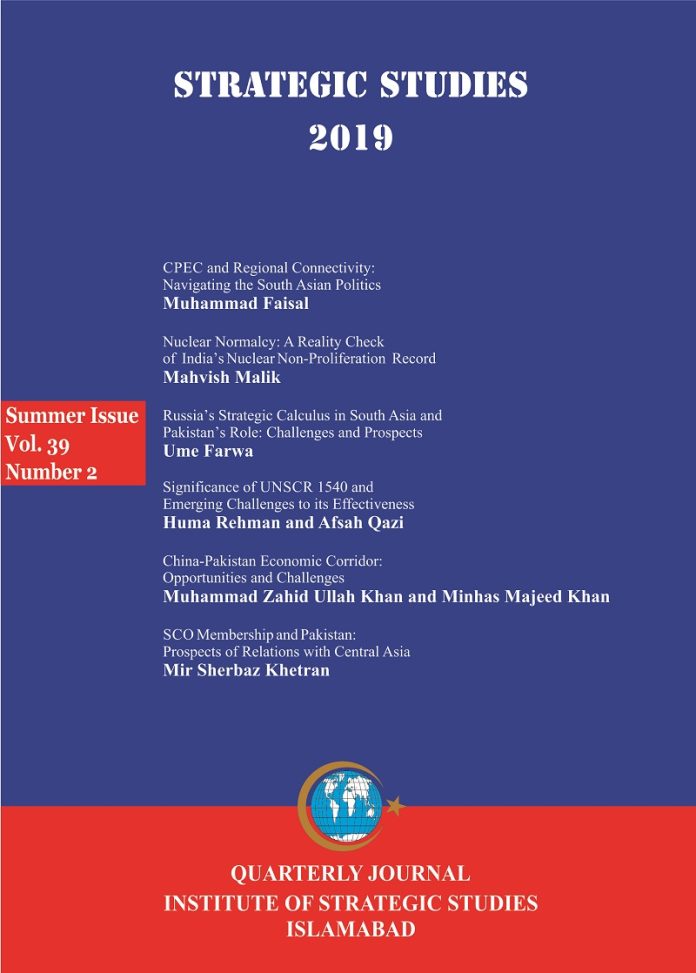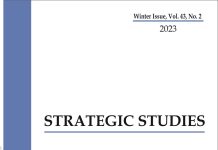The populists peril is the most defining characteristic of today’s profound anti-pluralism and exclusive functioning democracy. The rule of elites, being threatened with the reasoning that “we are the people. Who are you?” In fact, you are the “enemies of people” and hence democracy. The democracy defined “for the people, of the people and by the people” is no more a comprehensive ideology. It has been sky jacked. So “let the people rule.” The German professor of politics, Jan-Werner Müller, in his thin 136 pages lucid and coherent book, What is Populism? asks the question that whether this would mean that democracy is encountered with the threat from within? He has underlined the requirement of a more distinctive explanation of democratic political judgement and fringes it from the insecurities of the populists.
The populists, in his view, are blatantly undemocratic. The concept is most unsteady and therefore, detrimental to democracy. While keeping Donald Trump, Silvio Berlusconi, Marine Le Pen and Hugo Chávezin view, Müller has defined the expansion of populism’s most salient characteristics of anti-elitism, anti-pluralism, exclusivity across the globe. He has most pressingly diagnosed the critiques of the Wall Street and Washington in order to understand populism. The difference between the right-wing and the left-wing is also adroitly filtered in order to understand its imperatives. “The People” and their place in the representative democracy are judiciously dealt with by indulging into an analytical and provocative debate on both historical facts and conceptual perceptions and misperceptions. He has drawn the instances from the electoral successes of the populists in Latin America, Europe and the US through his secondary sources of research work.













